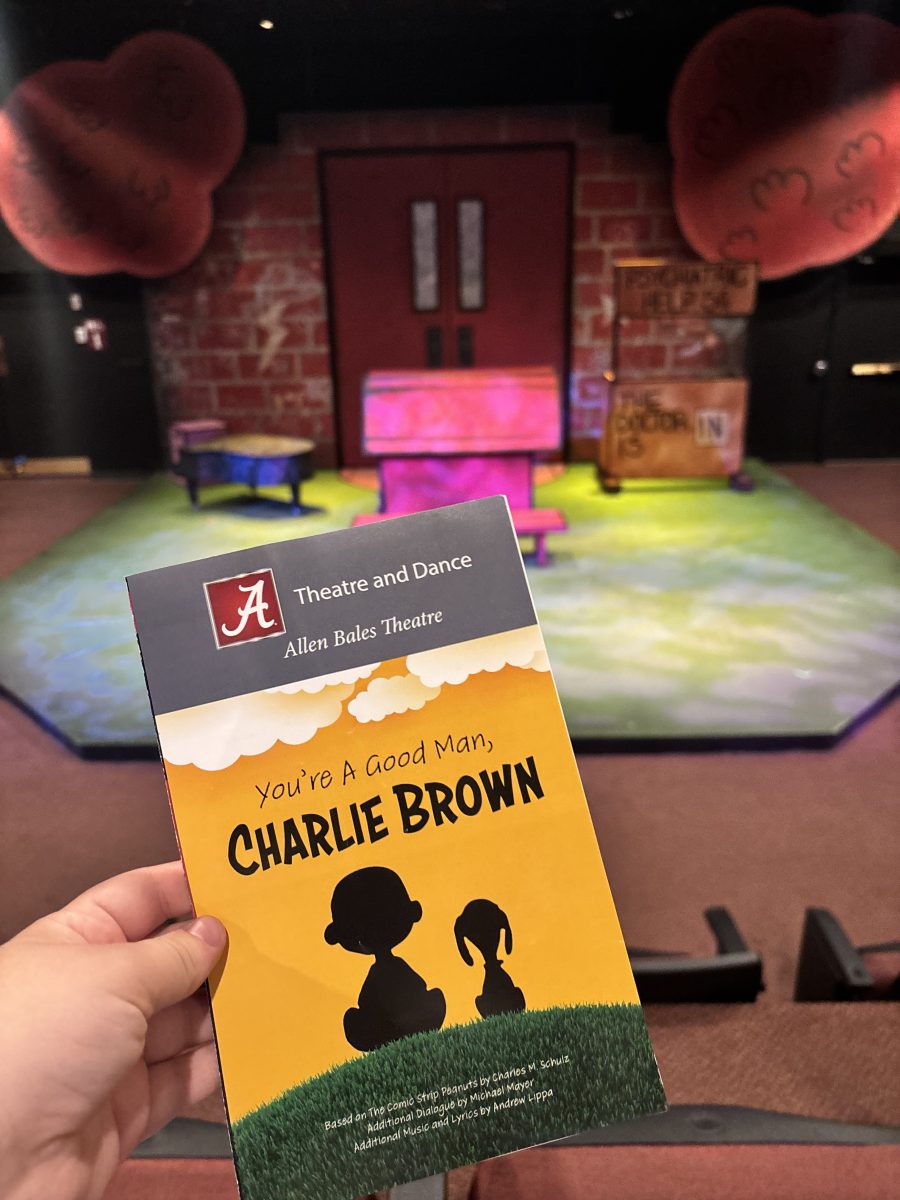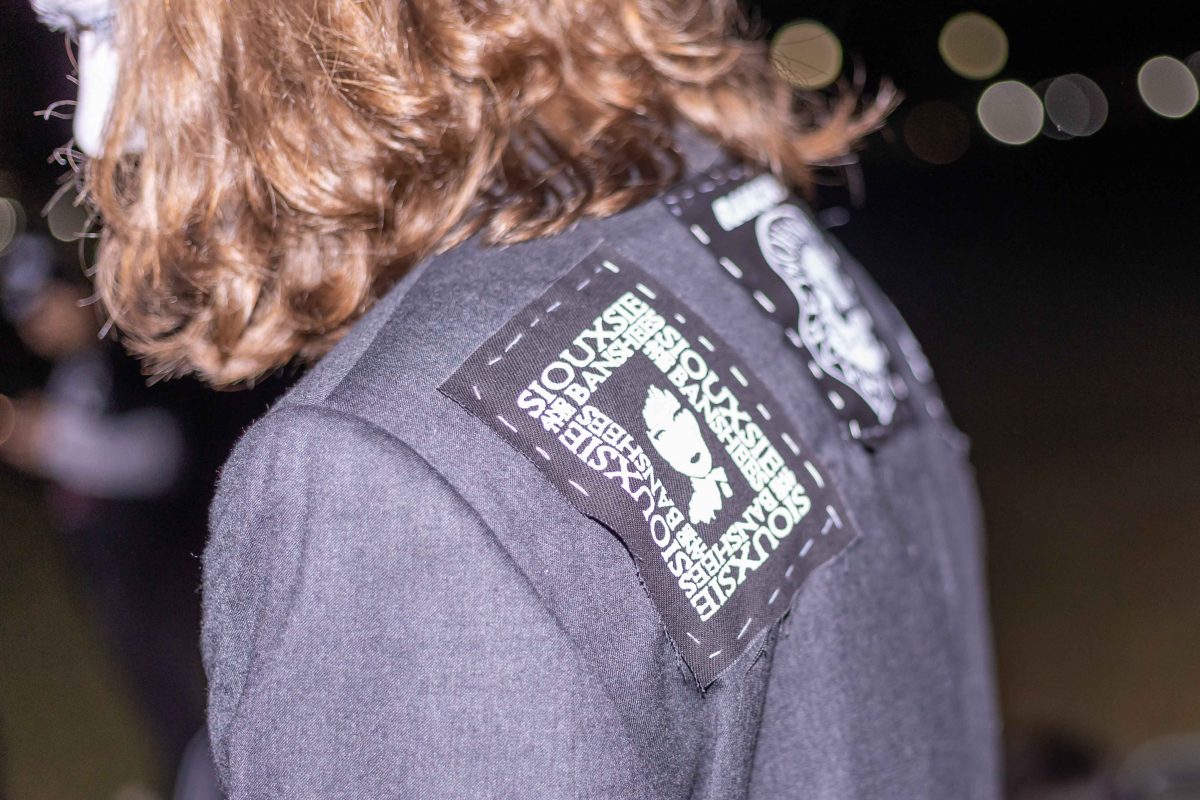I hope you’ve read a letter to the editor by Reed Watson, co-owner of Hackberry Records (although, he would argue it is more a creative agreement than a traditional label). In it, Watson writes out a fiery case for the local arts, and one that is valid, since the arts are actually at a creative peak in Tuscaloosa.
I got a brief word with Watson and Stuart Bond, the other co-owner of Hackberry Records, and who are also bandmates in Sparrow and the Ghost.
“We think [the Tuscaloosa scene] is vital, and we think it’s important, and we think it’s good,” Watson said. “And it’s not just [Hackberry’s] stuff.”
Bond considers himself the more relaxed of the two, while Watson jokingly refers to himself as “the attack dog.”
Bond said, “Reed and I have started to each form our own spiels, and mine is to stay positive.”
Staying positive has led to a fascinating track for Sparrow and the Ghost as a whole, having recently played a gig at the greek-frequented bar Gallette’s, which went off splendidly according to both Watson and Bond.
“I swear we’ve had the best reception over there in comparison to any indie crowd I’ve played in,” Bond said.
And the following line isn’t meant to put down the aforementioned “indie crowd” either, but to point out a more prescient point: Anyone can hear this and everyone should. I don’t want to force-feed you the idea of going to a show because some guy in the paper said so, but don’t be scared by the innumerable bars in Tuscaloosa. And don’t be scared by the attendees.
Greekfest, which occurred just a few days ago, was estimated to have sold 5,000 tickets. I don’t need basic math to tell you that fraternities and sororities did not buy every single one of those tickets.
And I don’t need basic psychology to tell you that a lot of non-greek patrons had an awesome time and didn’t let differences affect their enjoyment. A rap act, a jam band and an indie/electronic act all played on the same card, and no one felt a horrible rift between their enlarged audiences.
So why hasn’t that blistering number of people embraced the Tuscaloosa music scene?
“Unfortunately, the human condition is that you’re afraid of what you don’t know,” said Joshua Folmar, a singer-songwriter who works as an artist for the Hackberry label. “You’re attracted to music that you’re used to, and it’s really hard to get outside of that. It’s really hard to listen to something different.”
Folmar’s own back-story could produce a piece all its own, as the Iraq war veteran returned to Tuscaloosa and found his own calling playing what he would tag as “Southern gothic,” a mixture of folk with darker lyrical themes.
“Most people come to college and it is usually an eye-opening experience for them,” he said. “Those are the people we’re trying to get. You’re expanding your horizons, so why not do that in music form as well?”
Folmar’s “we” could be his own project, Hackberry Records or Tuscaloosa’s music scene, and all of those things would be valid. Variety should not be a barrier for taste, but, instead, proof that taste is an ever-growing entity.
I am a junior here at the University, and I feel like it took me only a few days to realize where my blind spot has been for three years involving local music. I realize other people will be more casual about this, so I throw along closing casual advice:
Go to the Hackberry Showcase on Friday at the Mellow Mushroom. Go to The Dixie if you’re so inclined. Flood the 19-and-up clubs in Tuscaloosa and give these artists a chance.
You might be shocked, because it shocked me to care so much about this scene. And I don’t want to be the only one to care.








